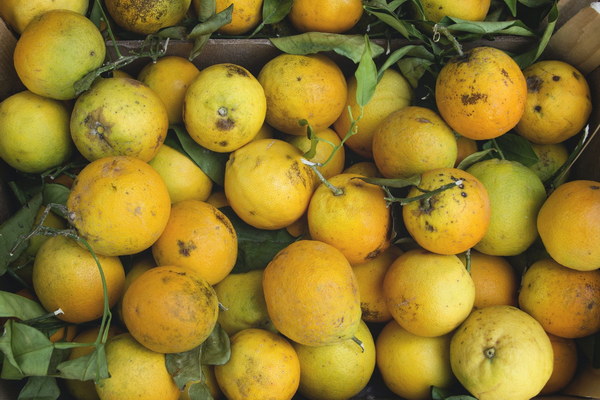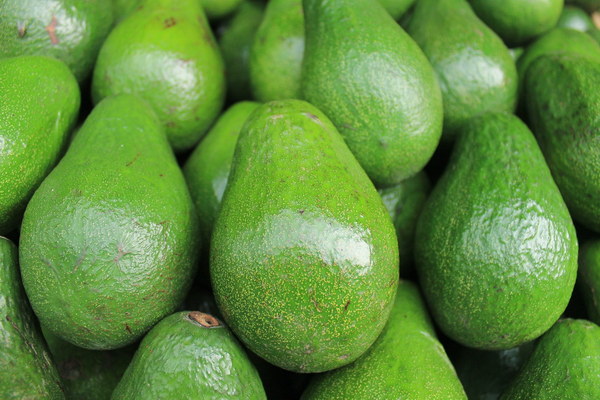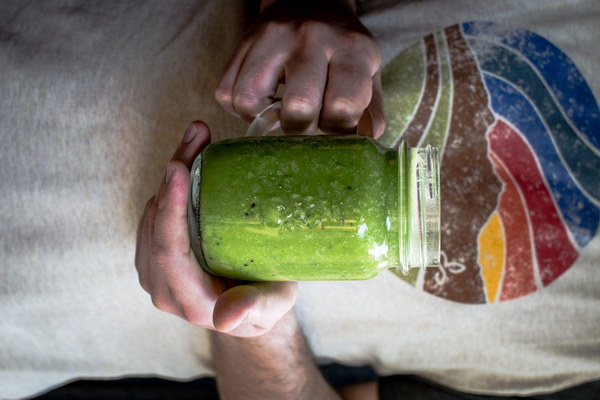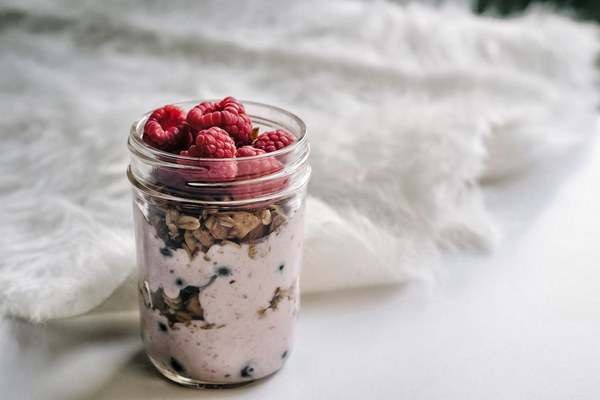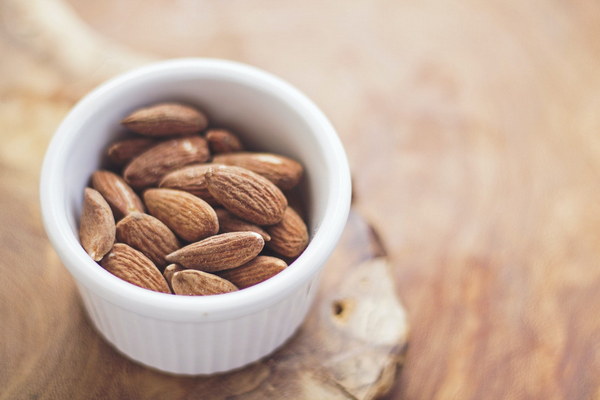Breathing Easy How to Nourish and Protect Your Lungs with a Balanced Diet
Introduction:
The lungs are vital organs responsible for oxygenating the blood and removing carbon dioxide. However, they are often exposed to various pollutants, allergens, and harmful substances, making it crucial to take proper care of them. One effective way to support lung health is through diet. This article explores how a balanced diet can nourish and protect your lungs.
1. Antioxidants:
Antioxidants play a significant role in neutralizing harmful free radicals and reducing inflammation in the lungs. Incorporating a variety of fruits and vegetables into your diet, such as berries, oranges, spinach, and broccoli, can provide essential antioxidants like vitamin C, vitamin E, and beta-carotene.
2. Vitamin D:
Vitamin D has been shown to improve lung function and reduce the risk of respiratory infections. Foods rich in vitamin D include fatty fish, fish liver oils, egg yolks, and fortified dairy products. Sunlight is also a natural source of vitamin D, so getting enough sunlight exposure can be beneficial.
3. Omega-3 Fatty Acids:
Omega-3 fatty acids have anti-inflammatory properties that can help reduce lung inflammation and improve lung function. Foods rich in omega-3s include fatty fish (such as salmon, mackerel, and sardines), flaxseeds, chia seeds, and walnuts.
4. Garlic:
Garlic has been used for centuries for its medicinal properties. It contains allicin, a compound that has been shown to improve lung function and reduce the risk of respiratory infections. Adding garlic to your meals can be an excellent way to support lung health.
5. Green Tea:
Green tea is rich in antioxidants and polyphenols, which can help protect the lungs from oxidative stress. Drinking green tea regularly can provide numerous health benefits, including improved lung function and a reduced risk of respiratory diseases.
6. Quercetin:
Quercetin is a flavonoid found in onions, apples, berries, and red wine. It has anti-inflammatory properties and can help reduce lung inflammation. Including these foods in your diet can contribute to better lung health.
7. Niacin:

Niacin, also known as vitamin B3, plays a crucial role in lung function. It helps relax and widen blood vessels, which can improve oxygen flow to the lungs. Foods rich in niacin include chicken, fish, lean meat, and nuts.
8. Hydration:
Staying hydrated is essential for lung health. Water helps thin mucus, making it easier to expel from the lungs. Drinking plenty of water throughout the day can improve lung function and reduce the risk of respiratory infections.
Conclusion:
A balanced diet rich in antioxidants, vitamins, and minerals can help nourish and protect your lungs. By incorporating the right foods into your meals and ensuring proper hydration, you can support your lung health and reduce the risk of respiratory diseases. Remember, maintaining a healthy lifestyle, avoiding smoking, and exercising regularly are also crucial factors in preserving lung health.
